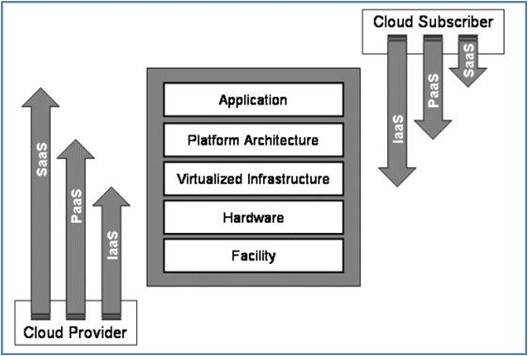WatchGuard, originally a security
hardware vendor, sets its focus on the virtualised space with best-of-breed
platform.
Security can no longer be just a box
anymore with the IT environment now being an extremely fast changing
environment. It has to be mix-match of solutions that is able to address the
new challenges that cloud computing and virtualisation have brought out,"
says Joe Wang, CEO of WatchGuard.

WatchGuard,
originally a security hardware vendor, sets its focus on the virtualised space
with best-of-breed platform.
That and his believe in working together
with a winner's list of the security industry will ensure that such a
best-of-breed concept can be conceived. This is how WatchGuard complements its
network security solutions, which now consist of integrated network security
services.
According to Wang, this journey started
when WatchGuard - originally a firewall vendor moved into the unified threat
management space and started working with other data protection service
providers to create a hardware and software based best-of- breed solutions
system. The goal is to develop a mixed security platform that can address the
multi-faceted characteristics of current security threats that businesses now
face.
"What we had in mind is to work with
partners in the same industry who are the best in what they do - essentially
winners - to produce the best protection suite imaginable. No one is the best
in everything, hence why we prefer working closely with other vendors to
provide this ‘best-of-breed' security solution to our customers," Wang
notes.
Partners that WatchGuard is currently
working with include Websense, AVG, Kaspersky, BroadWeb, Freescale, Commtouch,
Intel, and Cavium, all of which provide a certain field expertise that can be
leverage on to produce a security platform that is ubiquitous, robust, and
omniscient.
This concept of creating a multi-vendor
security platform seems timely as current innovations in the IT industry has
completely changed the way businesses process and manage their data and
operation policies. Wang shares that WatchGuard, like other security providers,
took notice of the changing trend and felt it appropriate to invest in
virtualised security appliances as well as consider unified threat management
systems so as to remain market relevant.
As WatchGuard has noted of the upcoming
trends that cloud will bring about, its developers know that there will be a
major impending change to how things are done. "Mega trends that the cloud
has spurred, such as mobility, big data, cloud services, bring-your-own-device,
and the like are changing the IT ecosystem and business environment rapidly.
This is the primary reason we have worked to grow our portfolio beyond
providing hardware solutions. Indeed, in the last two years we have placed
major emphasis on virtualised security and enhanced information protection
services that operate in virtual environments," Wang shares.

Cloud
security boundaries
The new apps and solutions that WatchGuard
is currently offering are the results of its extensive research work and market
observation. Wang believes that businesses will need such services as the IT
industry will force many, if not all, to deploy new preventive, anti-intrusive,
and counter-measure software platforms to deal with the new challenges that are
looming over the proverbial horizon.
As with everything else that innovation and
modernisation will affect, changes that are occurring now cannot be stopped
and, as Wang mentions, "should have been expected."
"It is unfortunate that many are still
struggling to understand the concept of cloud services. It doesn't help that
most are now only grasping the idea of cloud computing and the potential
opportunities as well as challenges it brings about. This also means changing
work policies in regards to information protection and access management. In
what WatchGuard has to offer, we believe in working in tandem with current
security systems that are in place. In essence, our solutions sit on the layers
and stacks within the virtualised environment. And thus, there is no need for
organisations to strip out legacy systems to make way for the new data
protection services," he adds.
Businesses that are still trying to make
sense of all these changes are those from the small- and medium-sized
enterprise (SME) segment. Even if they did understand the need for data
security, the problem also lies with the limited resources and space they
operate and manage their operations within. Wang believes SMEs will need the
physical environments to operate private cloud systems. Space limitations are
always a primary issue for these organisations.
Wang throws in something to consider as his
concluding point: "SMEs, and even large enterprises - even those who are
ready - have to embrace the current and upcoming trends that are expected to
revolutionise the IT industry. That is the only way they can ever be ready for
the more advance threats and avoid being caught in the trap of being reactive
instead of being seen as proactive."